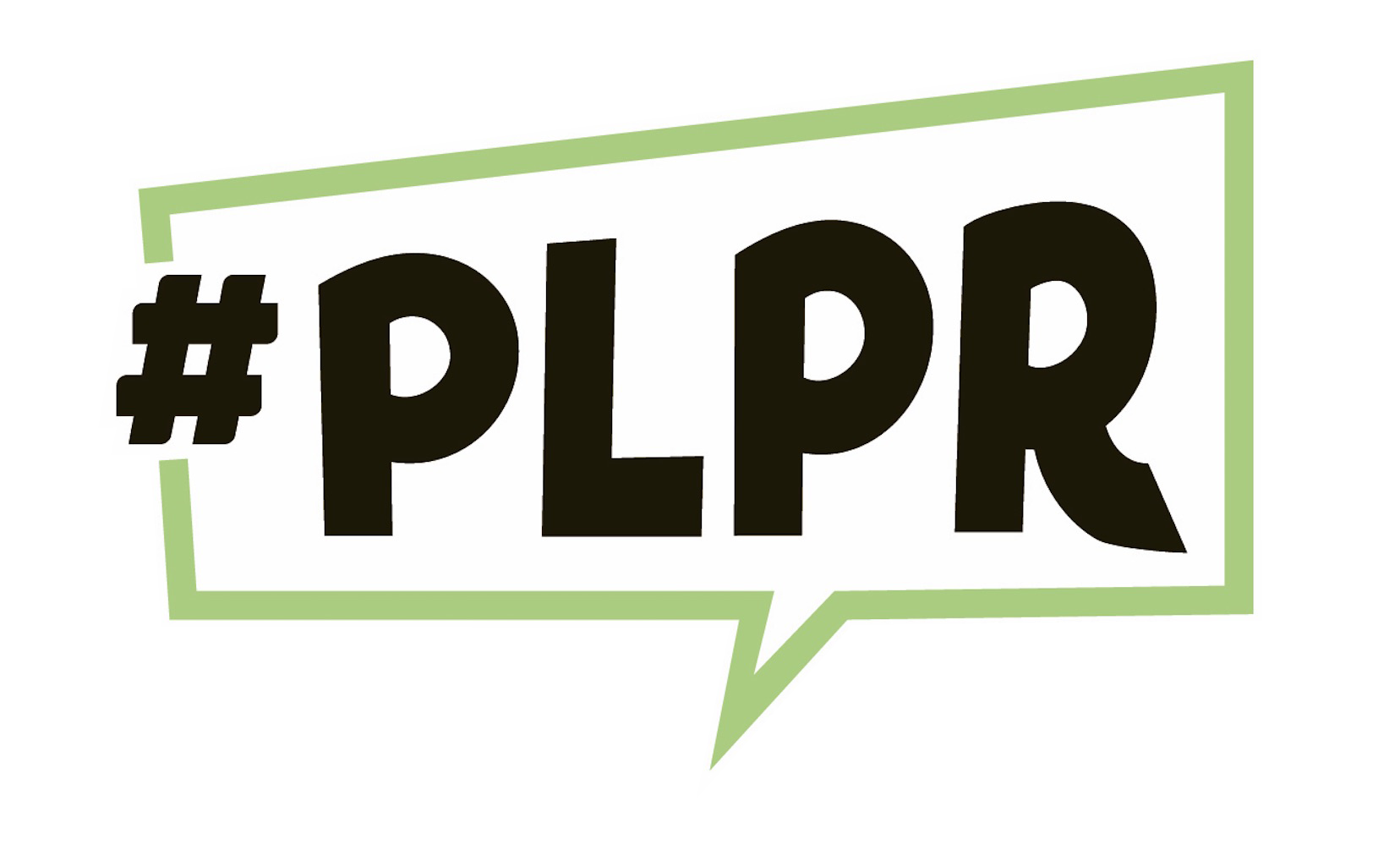Papá
(In memory of my father, Pedro C. Padilla)
Finally he is clay.
Fear has died with him.
I plant red blossoms
in my garden using
his soil and Puerto Rican blood
as fertilizer.
In summer heat will answer
questions I asked him
in my youth.
When petals open
the bee will hear his message
and when the first frost
kisses my petals
I’ll understand.
I remember spankings
black curls
a truck driver’s uniform
candy in pockets
lap warm and hard.
Rages and quick-footed kicks
at the Royal typewriter
he got in debt
for my birthday.
Booze broke the keys.
The doctor sentenced him.
“No cigarettes, no liquor!”
He (my father)
is a bench by a window
a ghost discussing
the nature of wood.
When I was 10
I asked him if wood lived.
He said, “All things live,”
and I believe him.
He slapped me
when I was 22.
My fist raised at last
in protestation.
He sagged
a wooden puppet
his balls softened
by age and illness.
Shame tried to shackle
my new found aggression.
I stopped playing games.
His curls now grey
limp in my fingers
bent with the times.
He was relieved
to leave his legacy to me.
He readied for death
in his defeat.
His painted face
(by an unknown mortician)
was lowered in the living casket.
The family sighed
dispersed like fluttering birds
as he disappeared
into a ground
which knew him.
My fingers twirled memories
like prayers
and my Papá
(who knew everything)
was silent in the night.
His cough
no longer shook the air
and he no longer
clocked my hours.
Now his imprint upon me
turns to dust
and I am left
with cyphers
from the dead.
Pursifull, Carmen M. "Papá." Revista Chicano-Riqueña, vol. 11, no. 2, winter 1983, pp. 45-6.
Rights: Carmen Pursifull; Arte Público PressPapá
(A la memoria de mi padre, Pedro C. Cadilla)
Finalmente es barro.
El miedo ha muerto con él.
Siembro flores rojas
en mi jardín usando
su tierra y sangre puertorriqueña
como abono.
En el verano el calor contestará
las preguntas que le lancé
durante mi juventud.
Cuando abran los pétalos
la abeja portará su mensaje
y cuando la primera helada
me bese los pétalos
lo comprenderé.
Recuerdo las nalgadas
rizos negros
un uniforme de camionero
dulce en los bolsillos
el regazo cálido y duro.
Rabietas y patadas veloces
a la maquinilla Royal
por la cual se endeudó
para mi cumpleaños.
El alcohol rompió las teclas.
El doctor lo sentenció.
“¡No fumes, no bebas!”
Él (mi padre)
es un banco a una ventana
un fantasma que discute
la naturaleza de la madera.
Cuento tenía diez años
le pregunté si la madera vivía.
Me dijo: “Todas las cosas viven”,
y le creí.
Me pegó una bofetada
cuando tenía veintidós.
Levanté el puño al fin
en protesta.
Decayó
un títere de madera
sus bolas se ablandaron
por la edad y la enfermedad.
La vergüenza intentó estremecer
mi agresión recién descubierta.
Dejé de estar jugando.
Sus rizos ahora grises
flácidos entre mis dedos
doblados con los tiempos.
Estaba aliviado
por dejarme su legado.
Se alistó para la muerte
en su derrota.
Su cara pintada
(por un embalsamador desconocido)
fue colocada en capilla ardiente.
La familia suspiró
se dispersó como aves que aletean
y él desapareció
hacia una tierra
que nunca lo conoció.
Mis dedos daban vuelta a recuerdos
como oraciones
y mi Papá
(que lo sabía todo)
callaba en la noche.
Su tos
ya no sacudía el aire
y ya dejó
de ahogarme las horas.
Ahora su huella en mí
se vuelve polvo
y yo me quedo
con los códigos
de los muertos.
Pursifull, Carmen M. "Papá." Revista Chicano-Riqueña, vol. 11, no. 2, winter 1983, pp. 45-6.
Rights: Carmen Pursifull; Arte Público Press
